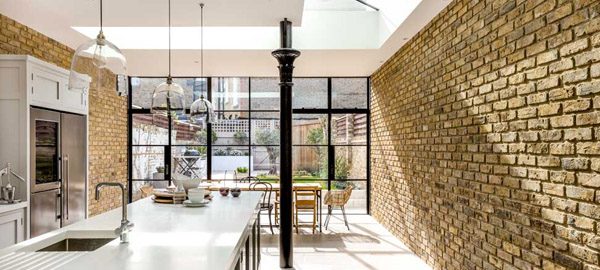Did you daydream about the changes you’d love to make to your home during lockdown? Have a list of your favourite renovation ideas but unsure what your budget will get you? Let’s talk through why now’s a good time to renovate in
Auckland and what bang you’ll get for your buck.
The good news is interest rates are at an all-time low, and restrictions on mortgage lending have been lifted by the Reserve Bank in a bid to keep money circulating and help our economic recovery.
It’s an ideal time to renovate and increase the value of your home but what does $30k or $200k get you? Let’s find out.
How far will your renovation budget take you?
For $30k – $50k you could . . .
- Create an entirely new kitchen space that better suits your lifestyle. You could go open plan, give yourself that butler’s pantry to hide the kitchen clutter (and create more storage), and change the flooring, layout and cabinetry if you want to.
- Reconfigure under-utilised spaces in your home to create a small home office, reading nook or play space for the kids.
- Renovate and reconfigure existing spaces to create a larger bathroom (and/or add a separate toilet so you can shower in peace!), a new laundry space and new storage.
- Redo your roof if it’s looking tired/dated/leaking or causing structural issues. This could include adding skylights to get that all important light into dark hallways.
- If you want to focus on the outdoors, you could build a new deck with shelter, such as a Flexiroof with blinds.
For $100K – $200K you could . . .
Combine a couple of the above options or convert your garage into another bedroom, add a small extension to create more living space, or reconfigure your existing layout to better utilise the space you have.
For $200K – $400K you could . . .
Carry out a complete renovation of your existing property. This could involve re-roofing, gutting the inside to give your home a refresh (including insulation and rewiring), brand new joinery and a paint job.
For $400K – $500K you could . . .
Complete a large extension to your home, adding to your existing floor plan and creating new spaces for your family to grow. Depending on your existing layout (and priorities) you could create a master bedroom with ensuite, new living spaces, extend the kitchen, re-clad the exterior – the list goes on. A rough guide for an Auckland home renovation per square metre is around $3,000, depending on the level of finish.
For $600k+ you could . . .
Add a whole second storey and do a complete interior and exterior renovation! Many of our clients come to us because they outgrow their homes. If buying a new property isn’t an option, why not use the money to transform your existing home so it has everything you want and need. With that budget, the options are endless, and the first step is having a chat with a qualified, experienced building company (like us… we had to say it!).
Ready to see what our Auckland teams can do with your renovation budget? We’ll take you through the whole process, from design to completion, and turn your daydreams and Pinterest boards into reality.
Contact us today!


